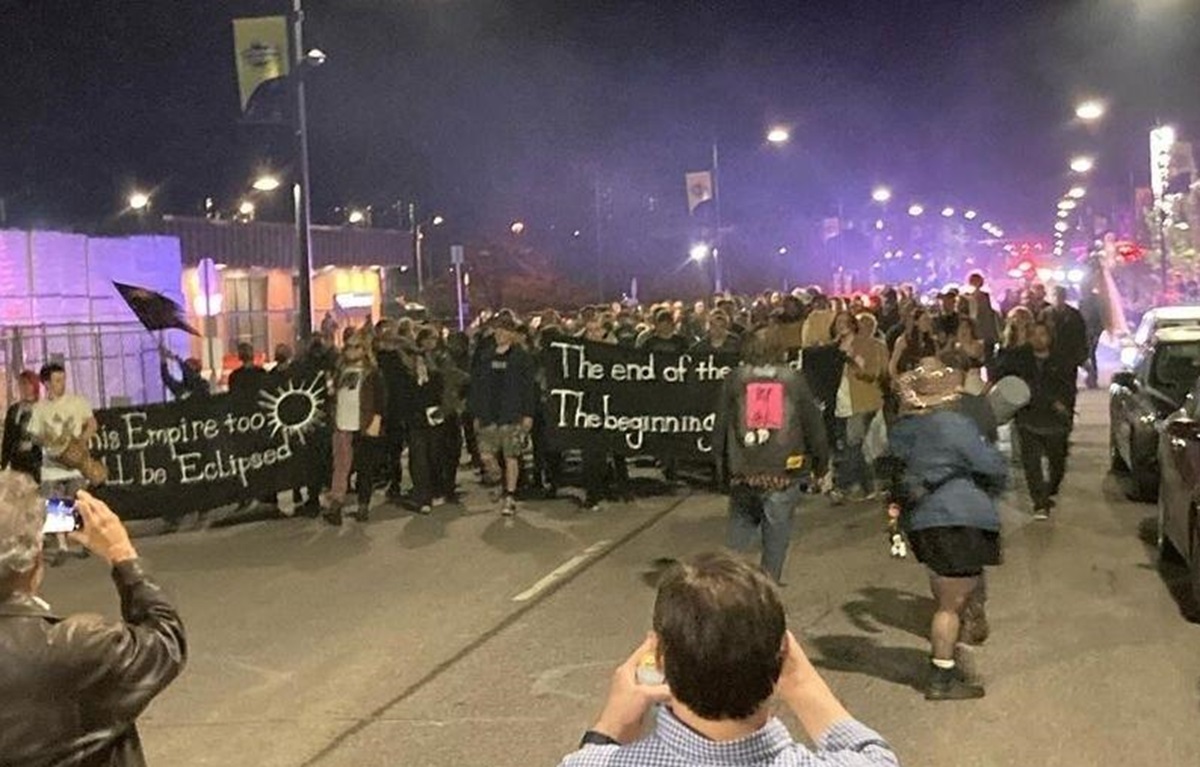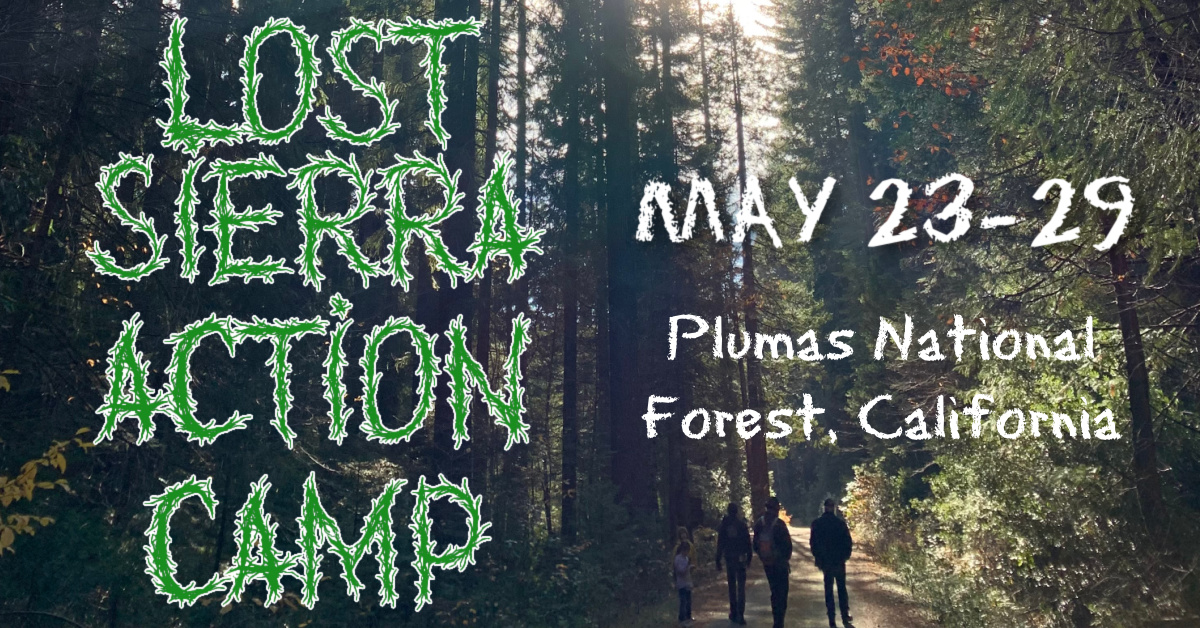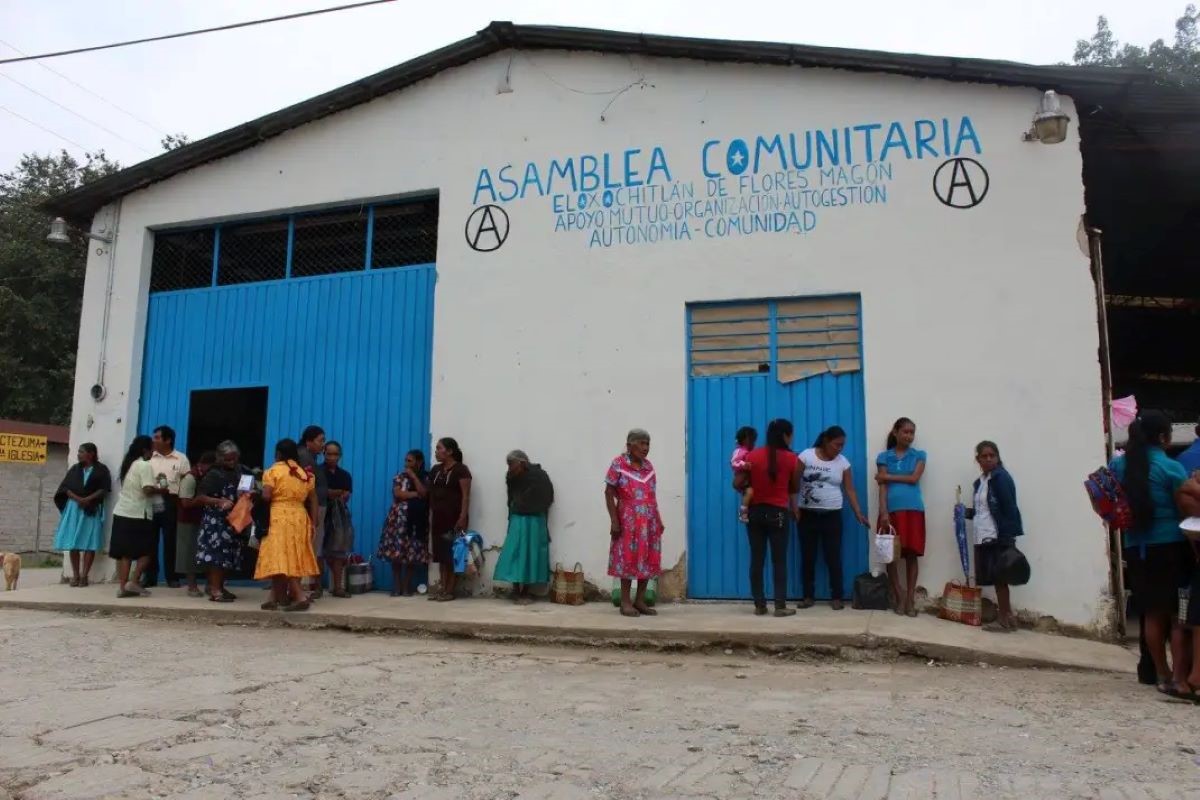Filed under: Action, Analysis, Anarchist Movement, British Columbia, Indigenous

Report back from solidarity action with the Wet’suwet’en struggle for sovereignty in so-called Vancouver, BC.
With the RCMP licking their lips to fulfill their position as the enforcers of capitalist and colonial order, it’s clear that now is the time for solidarity.
There have been substantial calls for solidarity actions with the Wet’suwet’en Nation – and liberals, NGOs, Indigenous peoples, and anarchists all over Turtle Island have heeded them. We have been particularly interested in the efforts of comrades who have chosen to attack economic targets (rail infrastructure, the port, the ferry) and unrelentingly dared to imagine a future against capital and state-mediated promises of reconciliation. We approached the call to action as a group of folks interested in autonomous action/organizing. We chose to occupy two of Vancouver’s port entrances and pay a visit to Coastal GasLink’s downtown office. Through this action we hoped to provide both material solidarity to comrades in the north and cultivate a resurgence of this type of action/relationships in the city.
Organizing via word of mouth turned out to be reasonably effective, and with folks from several different networks bringing their trusted comrades, we wound up with a turnout of about 30 people. We began by blocking the port entrance at Clark & Hastings for about two hours, during which time the pigs arrived to monitor our activities for the rest of the day. Once it became clear that the port had been shut down (traffic being rerouted and trucks backing up to use other exits), we decided to march down Hastings St. to a second port entrance, shutting traffic down along the way.
It appeared that the port was preventativly shut down prior to our arrival, so we blocked the entire intersection for some time before deciding collectively to continue marching through downtown disrupting traffic. We decided in the moment to visit the CGL office, hoping to potentially occupy it, but found them also prepared for our arrival with doors locked and security amassed. We chanted and pounded on their windows for a while, before ultimately marching back to an end point for a quick debrief with about half of the original participants.
Reflecting on the event a few points worth sharing emerge. If we wish to build communities capable of opposing the capitalist and colonial forces which threaten, we will need to find ways to connect, reflect and build our shared collective memory and knowledge. Recognizing that formats mediated by computer screens, and lengthy or pretentious writings may not be the best way to do that, we will pose a few questions along with our thoughts and hope that you choose to engage with them in one way or another and we can do the difficult work of learning together.
Disruption or Spectacle
The State was effective at co-opting our efforts to be disruptive, by predetermining our possible points of attack and reinforcing or reorganizing them as needed. The question of how much actual support this kind of action can offer to our comrades up North is important to ask. We certainly got lots of attention and positive support from the neighborhoods we marched through, and visibility for the Wet’suwet’en struggle is good, but we felt we didn’t achieve much of our goal of economic disruption. While its clear that our event may have been different than the liberal spectacles of rallies generally in the city, we were disappointed to at times finding ourselves replicating some of the same dynamics.
Some folks at the action would certainly have liked to escalate things and use more confrontational tactics, but a lack of preparation for this kind of thing – some folks not being masked up or in bloc; not having gained everyone’s consent to be present in higher-risk situations; not having solid, secure exit plans; lacking numbers – left us feeling unable to do so even if the momentum for it may have been there in the moment.
Tactical Considerations
Initially the blockade had no clear plan; folks met to occupy the first entrance and then the plan developed organically from there. The benefits of this approach meant that the need of having a visible “leader” was minimized (but not erased entirely), and folks felt empowered and were asked to make tactical decisions together on the fly. The negatives were that often times confusion was widespread, we reacted slowly and people may have left due to an unclear event outline. After occupying the second port entrance the group got antsy and decided to march to the office. Retrospectively this decision may have led folks to feel like they were doing more, but may have actually limited the economic impact of our activities (hassling an office has less economic impact than shutting down one entrance to the largest port in Kanada). It’s undeniable that occupying the port all day becomes boring when no cars are in sight and you begin to forget why you are there.
We may need to learn that the best tactical decision is not always the most satisfying. Do we move forward in a way that privileges the experience of the participants, or the effectiveness of our tactics? With these questions in mind we feel that while our decisions did not maximize economic impact they were more conducive to empowering participants, building collective experience and help us build long term capacity. By occupying and shutting down streets in the downtown core with 15 people we were all reminded that you don’t need a huge crew and that we can dream big.
Moving Forward in Times of Crisis
It is often said that the secret is to begin, while we believe this is true it’s also important to remember that beginning looks different ways and requires all sorts of work. For our comrades up north, we seek to begin immediate confrontation; simultaneously, to be honest with ourselves, we may not be ready to “begin” using such confrontational tactics. We may instead need to “begin” with building communities, skills, and relationships. A sober assessment of our capabilities may indicate that the connections, skills and equipment necessary to “begin” a more public confrontational project are not here, or maybe that’s just the view the few comrades writing have. Recognizing our potential unpreparedness leaves many questions – in which ways do we move forward? How do we provide material solidarity to communities facing mounting violence right now? If we are not ready now, when will we be? In the absence of being ready for larger scale confrontations, do we move forward in smaller groups where folks share more affinity, even if our actions feel largely symbolic? Do we abandon the idea of large-scale public confrontations, which seemed to be highlighted during the anti-globalization movement?
With the desire to build community, and learn collectively we were faced with a tricky decision: was a post-action debrief worth it? Debriefing post-action may have exposed us to additional surveillance from the pigs and lead us to unmask collectively, exposing our faces. Because of the tame nature of the event we felt good debriefing as a group but the process highlighted the need in the future to debrief in more covert ways, something that may be difficult if you are not close with every participant. Moving forward we would like to pose the question – security is a double-edged sword, it should make us more effective, yet some decisions which prioritize security may negatively impact long term effectiveness – how do we negotiate security compromises?
Some closing thoughts: As settlers writing this, we recognize that we can only speak on reconciliation from at best shaky ground; with this in mind we recommend engaging with the work of Indigenous revolutionaries such as Southern Wind Woman and her piece, Autonomously and with Conviction: A Métis Refusal of State-Led Reconciliation.





